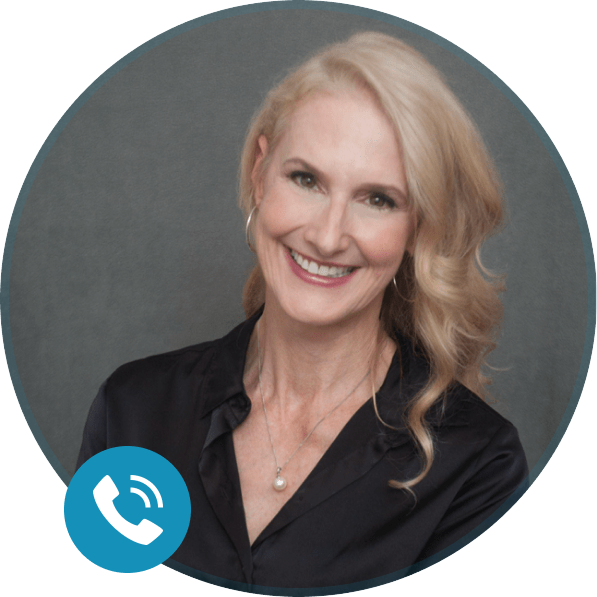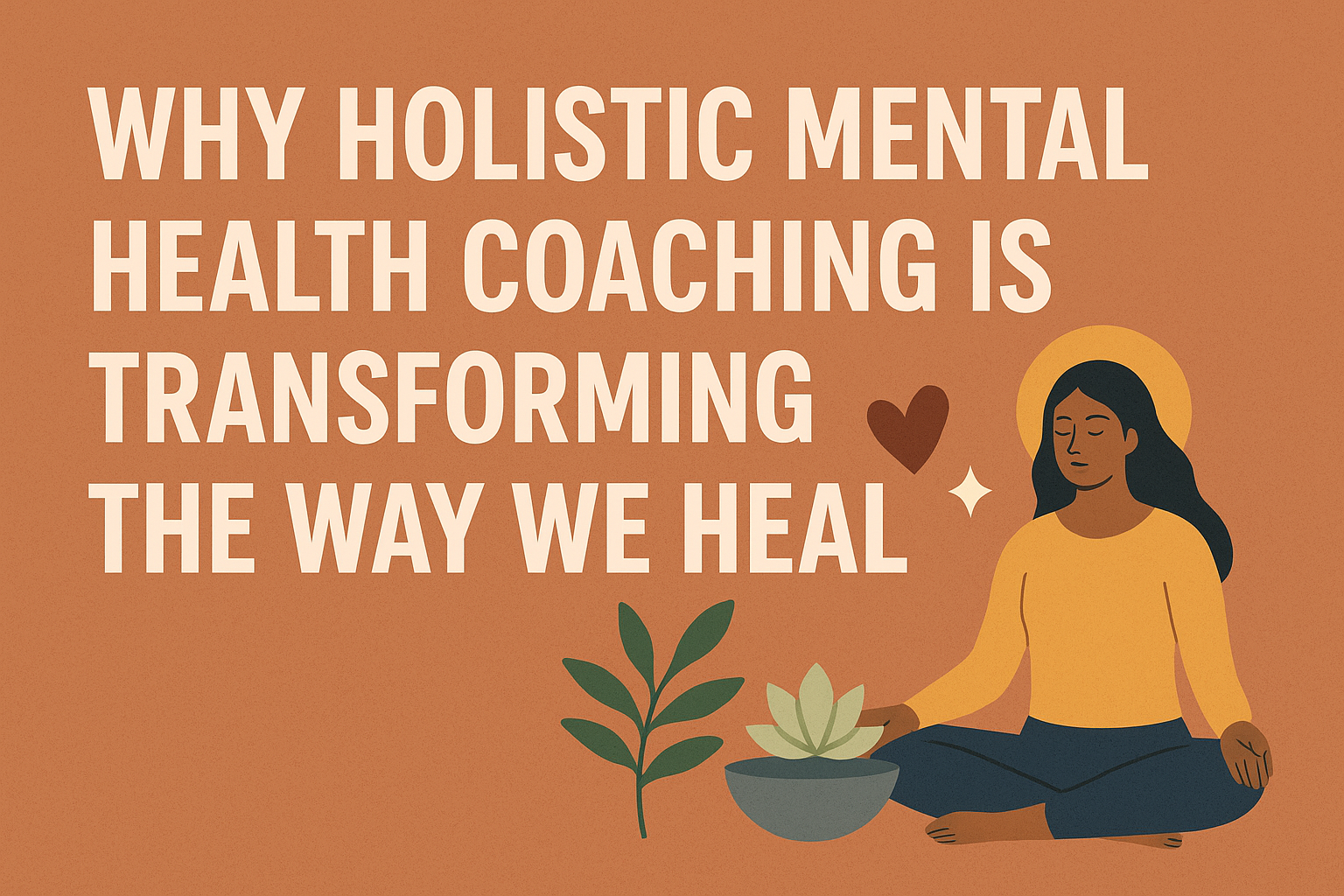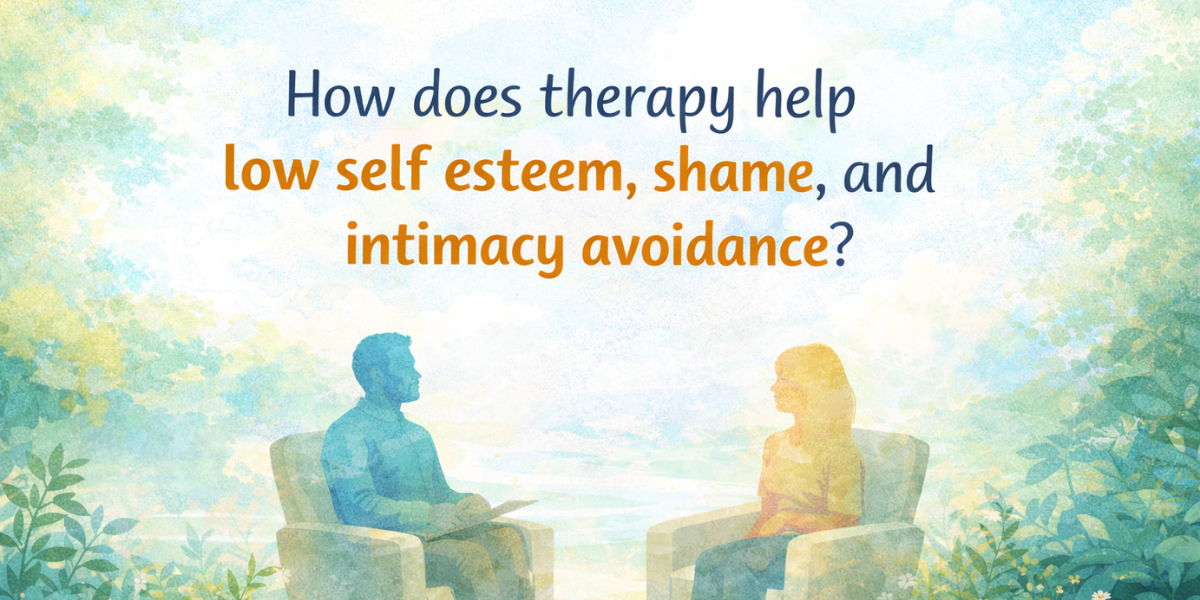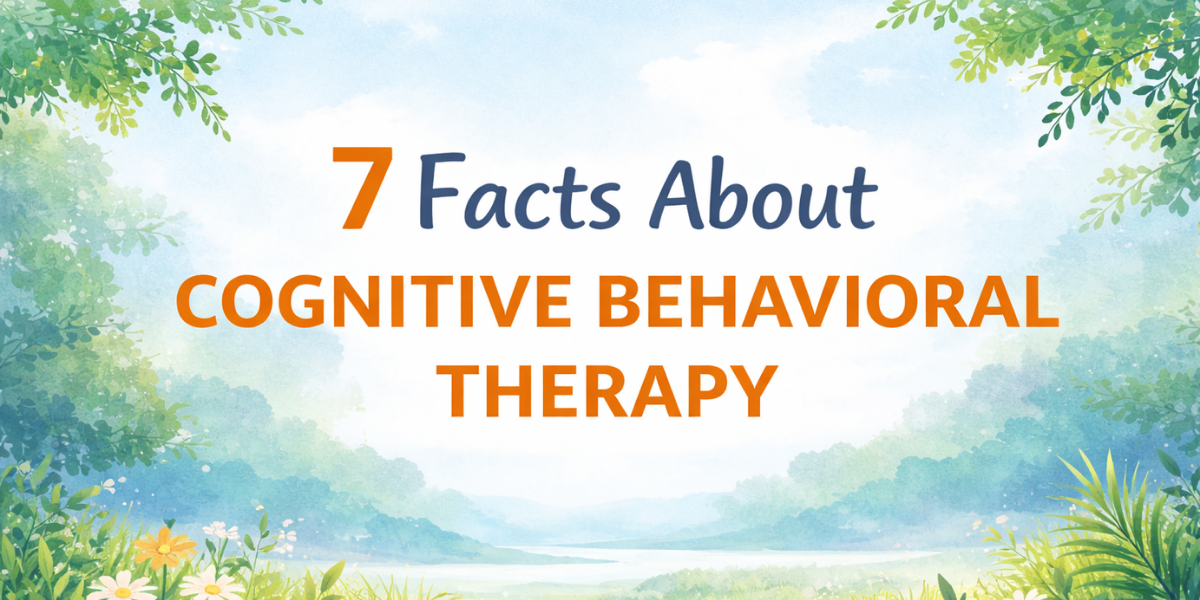Mental health isn’t just about managing symptoms—it’s about understanding ourselves fully.
And that’s where holistic mental health coaching comes in.
Unlike traditional approaches that may only target a specific issue, holistic mental health coaching considers the whole person—mind, body, and spirit.
It’s about creating balance, fostering growth, and nurturing lasting wellbeing.
You might wonder, “Why is this approach different?” Well, think of it like gardening.
You don’t just water one part of the plant and ignore the rest.
You ensure the soil, roots, leaves, and sunlight all get what they need. Holistic mental health coaching works in the same way.
What Exactly is Holistic Mental Health Coaching?
At its core, holistic mental health coaching is a personalized process.
It addresses emotional, mental, and sometimes physical challenges by exploring the root causes rather than only treating the surface symptoms.
A coach listens, guides, and helps you develop practical strategies to handle stress, anxiety, or feelings of being stuck.
As one client shared, “I never realized how much my emotional patterns were affecting my physical health.
Through holistic mental health coaching, I finally feel seen and understood.”
This approach encourages self-awareness, personal growth, and empowerment.
It’s not a quick fix—it’s a journey, but one that transforms how you approach life and challenges.
Holistic Mental Health Coaching Could Change Your Life
Let’s dive into why this method is making waves in the mental health world.
These 7 Reasons Holistic Mental Health Coaching Could Change Your Life.
1. Focus on the Whole Person
Traditional therapy often zeroes in on a problem.
Holistic coaching, however, looks at the bigger picture.
Your habits, relationships, lifestyle, and even diet might influence your mental health.
By addressing all these areas, coaching fosters deeper, more sustainable changes.
2. Personalized Strategies That Work for You
No two people are the same. Holistic mental health coaching recognizes this.
Your coach creates strategies tailored to your unique needs.
Whether it’s journaling exercises, mindfulness practices, or lifestyle changes, every tool is chosen for your situation.
3. Emotional Resilience and Coping Skills
Life throws challenges at all of us. Holistic coaching equips you with skills to cope effectively.
You learn to navigate stress, setbacks, and emotional turbulence with confidence.
One client said, “I finally feel like I have tools to manage my emotions instead of letting them control me.”
4. Mind-Body Connection
We often underestimate how interconnected our minds and bodies are.
Emotional distress can cause physical tension, poor sleep, or low energy.
Holistic mental health coaching emphasizes self-care routines that honor this connection—like breathing exercises, movement practices, and relaxation techniques.
5. Encouragement of Self-Discovery
Self-discovery is at the heart of holistic mental health coaching.
By exploring beliefs, patterns, and behaviors, you gain insight into what drives you.
This awareness fosters confidence, clarity, and the ability to make choices aligned with your true self.
6. Long-Term, Sustainable Change
Quick fixes rarely last. Holistic mental health coaching focuses on long-term wellbeing.
By building healthy habits and fostering self-understanding, you create a foundation for lasting mental and emotional health.
7. Improved Relationships
When you understand yourself better, your relationships flourish.
Holistic coaching helps you communicate more effectively, set boundaries, and cultivate empathy—transforming how you connect with others.
How Sessions Usually Work
A typical holistic mental health coaching session is conversational and reflective.
You might begin with discussing your current challenges and goals.
Then, the coach guides you through exercises or reflections tailored to your needs.
Some sessions involve journaling prompts. Others may include mindfulness or guided visualizations.
The goal is always the same: to empower you with tools and insights that can be applied in daily life.
It’s common to leave a session feeling lighter, more focused, and more capable of handling life’s challenges.
As one participant noted, “After each session, I feel like I’m reclaiming a part of myself I’d lost.”
Integrating Holistic Mental Health Coaching into Daily Life
The real power comes when coaching extends beyond sessions.
Small, consistent changes in daily habits can have a profound effect.
- Morning Mindfulness: Start your day with a short meditation or deep-breathing exercise.
- Journaling: Reflect on your emotions and patterns to understand triggers and successes.
- Physical Activity: Even light exercise can support emotional wellbeing.
- Healthy Boundaries: Learn to say no when needed and protect your energy.
- Gratitude Practices: Recognizing small joys strengthens your mental resilience.
These practices, guided by holistic coaching, gradually reshape how you interact with yourself and the world.
Who Can Benefit from Holistic Mental Health Coaching?
The beauty of holistic coaching is its versatility.
It isn’t only for those struggling with mental health issues.
It’s equally effective for people who want to:
- Build resilience against stress
- Navigate major life transitions
- Improve personal growth and self-awareness
- Strengthen relationships
- Achieve a better work-life balance
Essentially, anyone seeking a more balanced, fulfilled life can benefit from this approach.
Common Misconceptions
Some people assume holistic mental health coaching is the same as therapy.
While both support mental wellbeing, coaching is generally more action-oriented and focuses on personal growth and skill-building.
Think of it as guidance to thrive, rather than solely a treatment for illness.
Others worry it might be too “touchy-feely” or spiritual.
Holistic coaching can include spiritual elements if desired, but it’s highly flexible and grounded in practical strategies.
Taking the First Step
If you’re curious about holistic mental health coaching, start by exploring reputable coaches.
Many offer consultations or introductory sessions to see if the approach feels right for you.
As one coach says, “Healing isn’t about perfection; it’s about progress.
We guide you to rediscover your own strength and wisdom.”
Remember, it’s okay to start small.
Even a few sessions can create noticeable shifts in mindset, emotional wellbeing, and daily habits.
Conclusion
Holistic mental health coaching is more than a trend—it’s a transformation. By addressing the whole person and focusing on sustainable growth, it offers a path to healing that is empowering, practical, and deeply nurturing.
Whether you’re dealing with stress, navigating life changes, or seeking personal growth, holistic mental health coaching can be the guide that helps you reclaim balance, joy, and inner peace.
If you’re ready to embark on a journey of self-discovery and healing, consider taking the first step today. You deserve to live a life where your mind, body, and spirit work in harmony.
FAQs
What is holistic mental health coaching?
Holistic mental health coaching is a personalized approach to wellbeing that considers your mind, body, and spirit. Instead of only addressing symptoms, it focuses on understanding the root causes of emotional or mental challenges and helps you create lasting balance in life.
How is holistic mental health coaching different from traditional therapy?
Traditional therapy often focuses on diagnosing and treating mental health conditions or past trauma. Holistic mental health coaching emphasizes personal growth, self-awareness, and actionable strategies to improve your overall wellbeing. It’s more about thriving than only healing.
Who can benefit from holistic mental health coaching?
Anyone seeking emotional balance, stress management, personal growth, or stronger relationships can benefit. It’s ideal for people navigating life changes, facing challenges, or simply wanting a more fulfilling life.
How long does it take to see results?
While experiences vary, many clients notice shifts in mindset, emotional awareness, and daily habits within a few weeks. Consistency and applying learned strategies outside sessions often enhance results.
What happens in a typical coaching session?
Sessions are usually conversational and reflective. Coaches may use goal-setting, journaling exercises, mindfulness practices, or guided visualizations. Each session is tailored to your personal needs, focusing on practical tools you can use daily.
Can holistic mental health coaching include spiritual or mindfulness practices?
Yes. Depending on your preference, sessions can incorporate mindfulness, meditation, breathing exercises, or other practices that align with your beliefs and enhance emotional wellbeing.
Is holistic mental health coaching suitable for managing stress or anxiety?
Absolutely. One of the primary benefits is developing coping strategies and emotional resilience. Clients learn how to manage stress, handle setbacks, and navigate emotional challenges effectively.
How often should I attend sessions?
Frequency varies based on individual needs. Many clients start with weekly sessions and adjust as they progress. The key is regular practice of strategies learned during sessions to maintain consistent growth.
Can holistic mental health coaching improve relationships?
Yes. By improving self-awareness, communication skills, and emotional understanding, clients often notice healthier and more fulfilling relationships with family, friends, and colleagues.
How do I know if holistic mental health coaching is right for me?
If you’re looking for personal growth, better emotional balance, and practical tools for daily life, holistic mental health coaching can help. Many coaches offer consultation sessions, which are a great way to see if it aligns with your goals.





